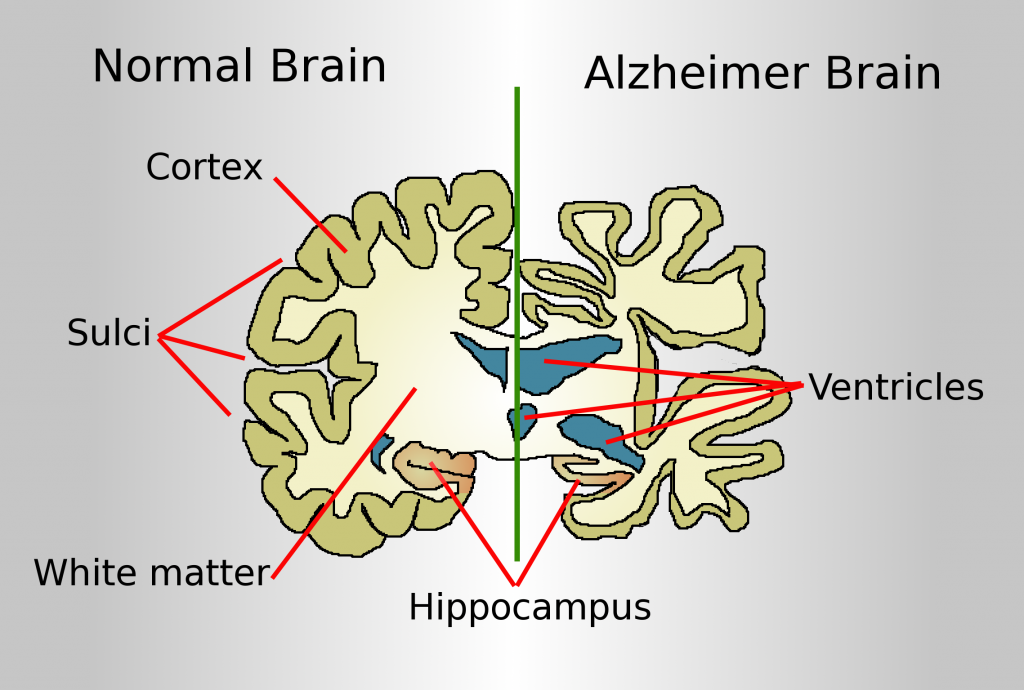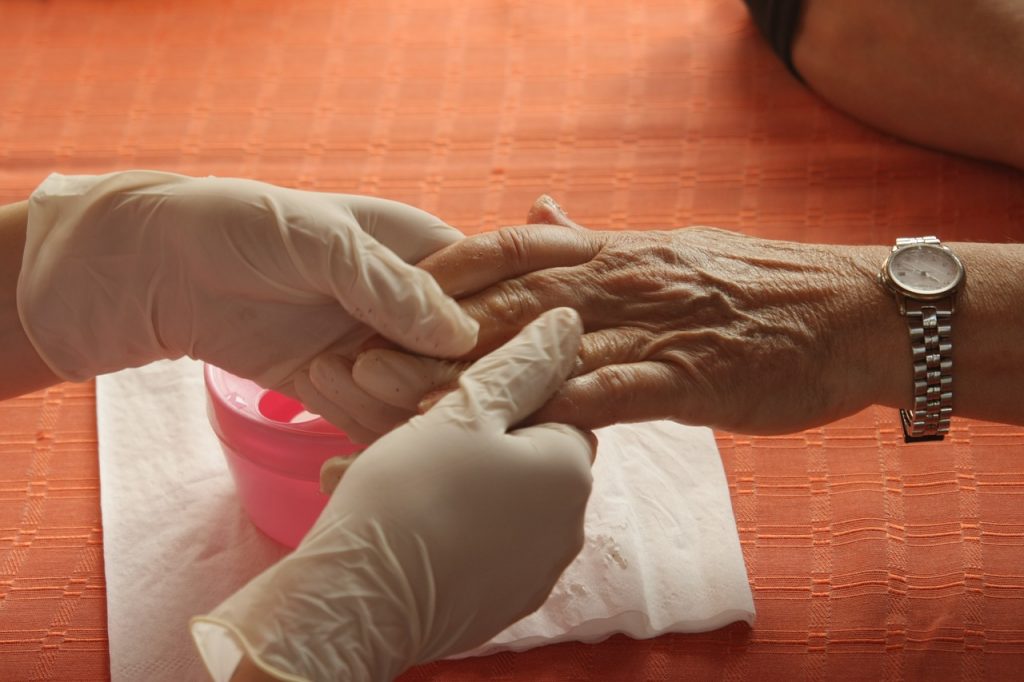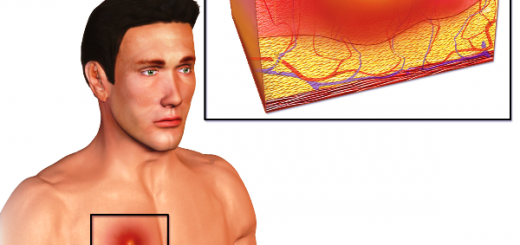All about Alzheimer’s
Alzheimer’s is normally linked to a type of dementia disease which causes memory loss issues. A patient who is suffering from Alzheimer’s has problems coping with memory, thinking and behavior. This disease manifests itself with time and as gets worse in the future. The symptoms can be hard to notice at first but over time they can become severe enough to cause nuisance into the patient’s everyday activities.
This disease is connected to the loss of memory. Over time, the patient starts by forgetting small things to forgetting about his or her family members. It is not a normal part of ageing but the process of ageing is considered to be a greater risk to Alzheimer’s. It affects people who are 65 years old or older. Since it is a progressive disease, at the initial stage, the patient’s memory only becomes weak but over time, the patient might forget how to have a conversation with other people. This disease is considered to be one of the sixth leading cause of death in the United States. It has been concluded that many of Alzheimer’s suffering patients do not live for more than four or eight years after they get diagnosed. However, in some special cases, they can live for more than 20 years as well. Unfortunately, this disease has no cure. Available treatments for Alzheimer’s can only slow the progression of dementia.
Symptoms of Alzheimer’s
The most common early symptoms of Alzheimer’s is not being able to remember any newly learned information. As we grow up, our brain changes. It is perfectly normal that sometimes we do have some issues to remember things. But if the pattern worsens, it is advised to see a medical practitioner. When Alzheimer’s begin, it attacks our ability to learn at first. Serious memory loss, confusion or any other major mind changes is a sign that our brain cells are weakening.

Other severe Alzheimer’s symptoms are mood and behavior changes, deepening confusion about events or time, suspicions about family members, friends and professional caregivers, disorientation, difficulty to talk, swallow and walk.
Signs of dementia are first visible to the family members. If you think that you suffer from any possible dementia symptoms, it is highly recommended to consult your doctor for tests.
7 stages of Alzheimer’s
Developed by Dr, Barry Reisberg from New York University, there are seven stages of Alzheimer’s. It was broken into seven parts to allow caregivers to understand their patient’s state of mind. Health providers use this system to be able to show more patience towards their patients.
Stage 1:
This stage is too preliminary as there is usually no signs of Alzheimer’s or any other memory problems.
Stage 2:
It is called the minor decline stage as the patient might feel some minor memory problems such as losing things around the house. This stage can be related to any normal age-related memory loss issues. The patient will still be excelling those memory tests. The disease is unlikely to be noticed neither by the doctor or by any family member.
Stage 3:
By the 3rd stage of the disease, family members or friends start noticing changes in the patient. Even physicians can determine the presence of the disease through memory tests. When the patient is in stage 3, they will have difficulty in finding correct words in conversations, organizing and planning or remembering names of people that they have met recently. They can as well lose many of their valuables.
Stage 4:
At this point, it is concluded that the patient is experiencing Alzheimer’s. They suffer from difficulty with arithmetic, have a poor short term memory, are not able to manage their finance and pay bills, They also start forgetting about their life histories.
Stage 5:
By the 5th stage, the patient will need help with their day to day activities. They cannot dress on their own or remember any of their minor details such as their phone numbers. A significant amount of confusion seems to be going on their mind. However, they can bathe on their own and remember some of their family members.
Stage 6:
When the patient reaches the 6th stage, it is necessary that they are kept under strict supervision. As their confusion increases, they are unable to remember the faces of their relatives or friends. They forget important personal details. They lose control over their bladder and bowel. At this point, they need someone to take them to the toilet and bath them. They also start to wander around without remembering their way back home.
Stage 7:
When the patients reach the seventh stage, they are nearing death. They lose their ability to communicate and utter only a few words or phrases. They need assistance for their day to day activities. By the last stage, patients with Alzheimer’s may lose the ability to swallow.




